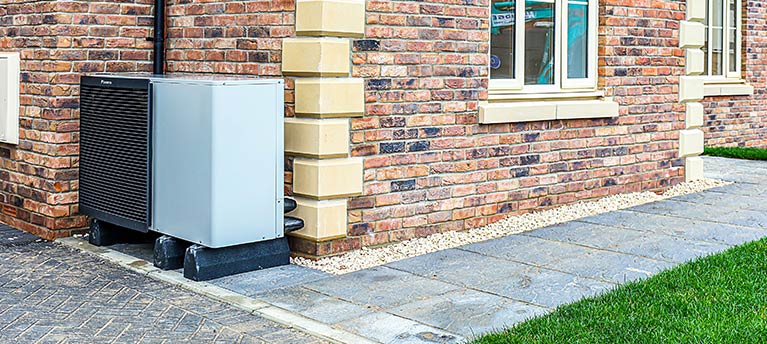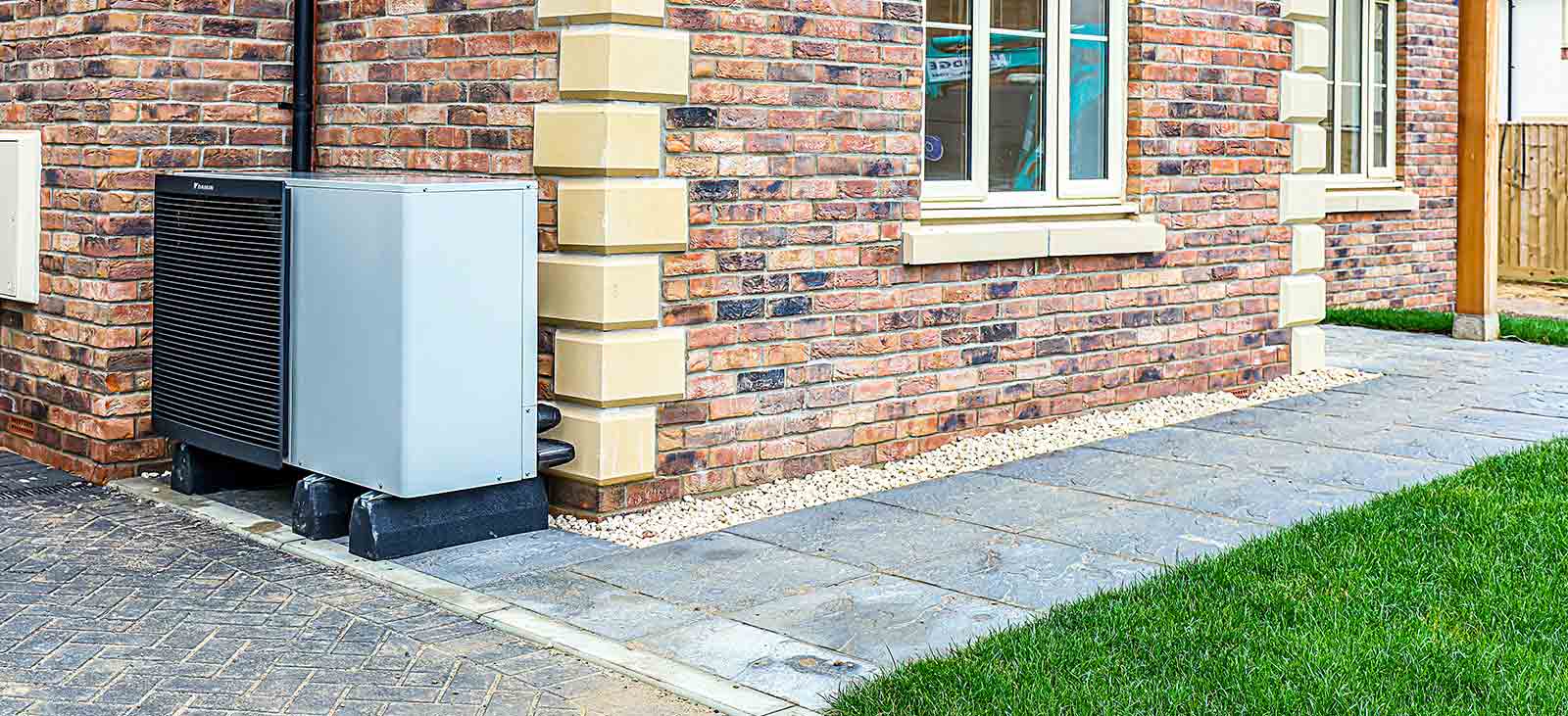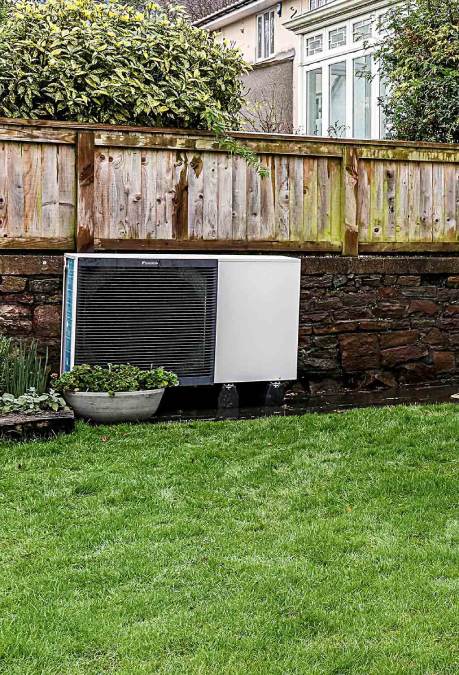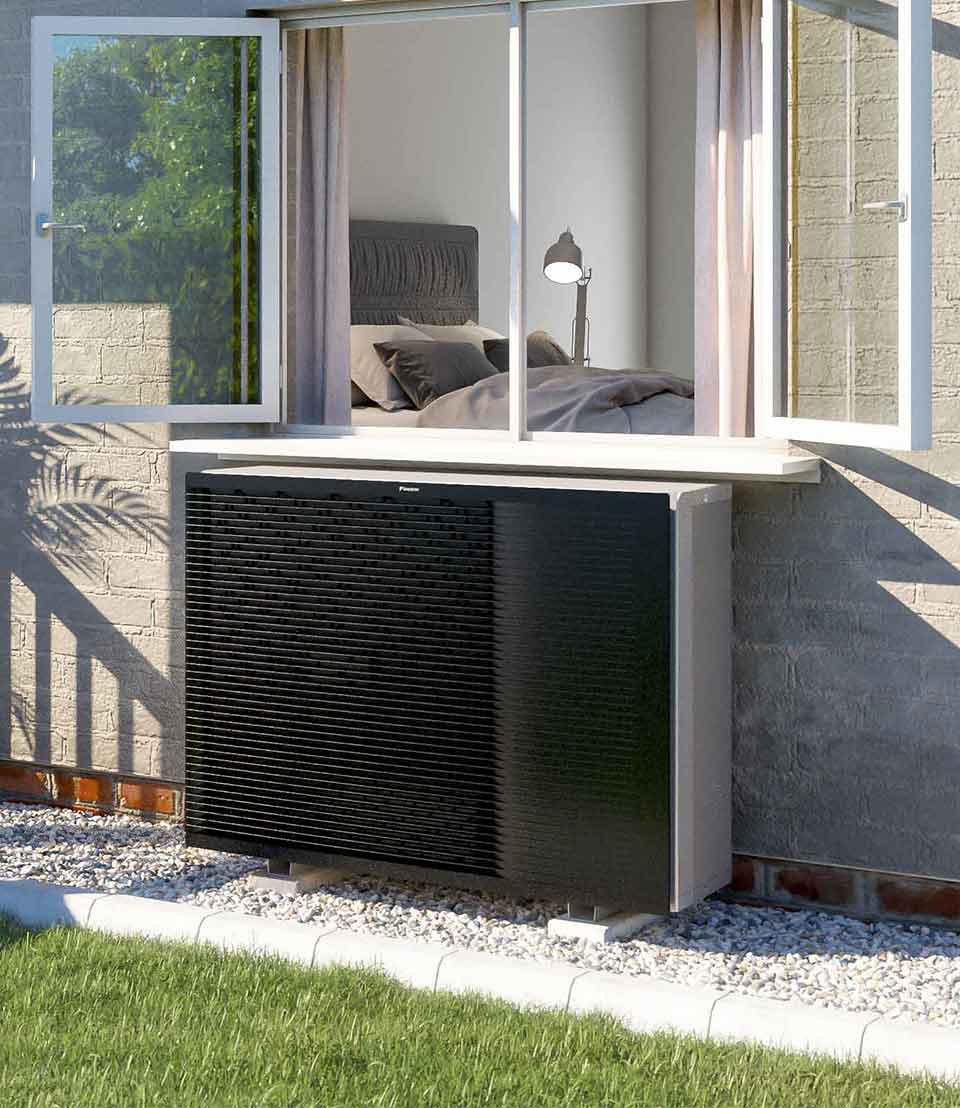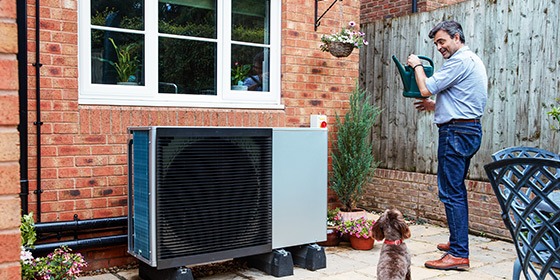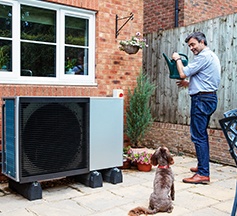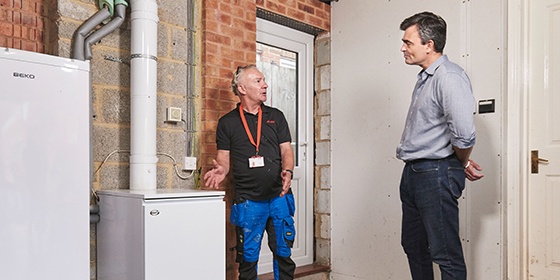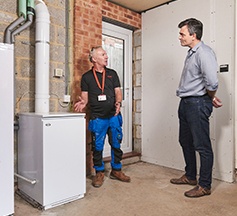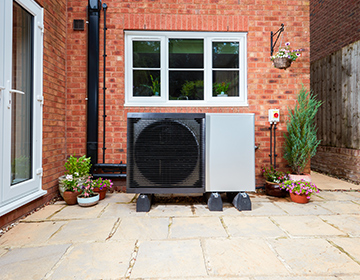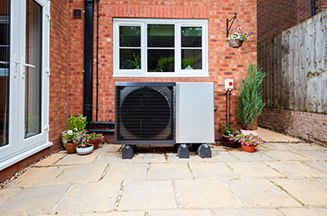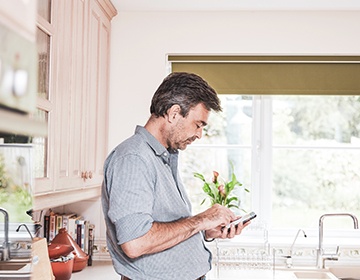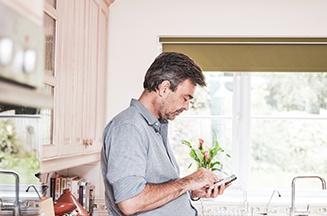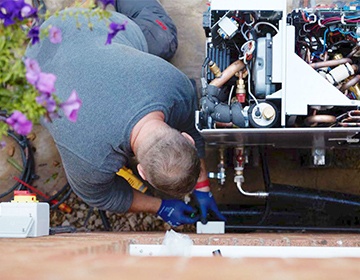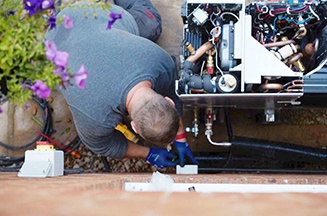How do air source heat pumps work?
Why get an air source heat pump from us?
We're a Which? Trusted Trader, and we cover the installation of the renewable energy products we install in your home through HIES (The Home Insulation and Energy Systems Quality Assured Contractors Scheme.)
We're a Microgeneration Certification Scheme (MCS) accredited heat pump installer, and all air source heat pumps come with a seven year manufacturer's warranty.
What are the running costs of an air source heat pump?
Electricity tariff
Insulated home
System operation
What are the benefits of an air source heat pump?
Could reduce annual bills
Boost your clean credentials
Provides extra comfort
Heating system upgrade
Read More
Read more on The benefits of air source heat pumps
How are air source heat pumps installed?
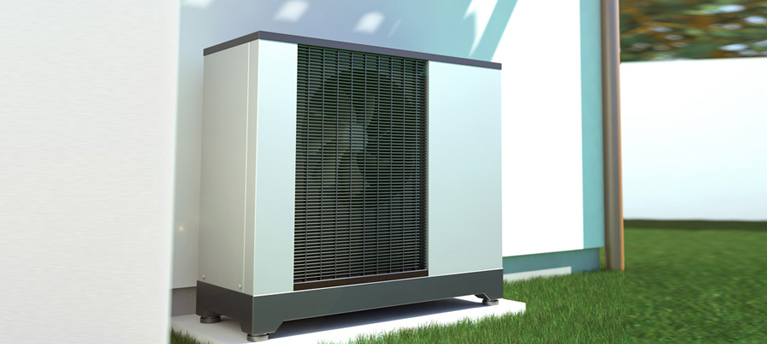

Can a heat pump heat my home when it's cold outside?
Heat pumps provide heat from the outside air in the same way air conditioning can provide heat in your car when it's cold. They'll pull heat from the air in temperatures as low as -27°C. There are more heat pumps in colder European countries than anywhere else in the world. The UK climate is actually quite warm.
Is an air source heat pump cheaper than gas?
Yes - If you have an old inefficient gas boiler, electric storage heaters, oil or coal fired systems – these are all quite expensive to run, so you should see savings.
Some residents that have very low energy bills at the moment, or newer gas boilers, may not see any savings or changes to energy bills. We'll review your existing heating bill when we complete your survey. As part of assessing if both you and your property are suitable for a heat pump we will calculate how your bill may change and what savings you could expect. All this happens before you decide whether to have a heat pump installed.
Will the new system heat my hot water too?
Yes, air source heat pumps heat water in a hot water cylinder where it’s stored until you need it. The cylinder is insulated so once the water is heated it'll stay hot for hours, waiting for you to use it for washing up or filling up the bath.
As part of the system design we'll look at your hot water needs and ensure the cylinder is the right size so there's always enough hot water for your home. Typically hot water is heated to 55°C, which is warm enough for piping hot showers and baths. Find out more about how they work.
Do I need to service my air source heat pump?
You'll need to service your heat pump annually through a qualified heat pump engineer.
Will a heat pump keep my house warm?
Heat pumps will produce heating and hot water even when it's ice cold outside and as a sustainable technology they've been designed to run at more efficient temperatures than a boiler.
What are the disadvantages of a heat pump?
Overall, you'll save on your energy bills and reduce the carbon footprint on the planet by investing in a heat pump, but we want to put your mind at ease, so we've addressed some of your potential concerns:
Disruption / work to the property - The work will firstly involve swapping your boiler for your new heat pump and installing a hot water cylinder, if necessary. The installer will then upgrade any radiators required as part of the design. A typical install will normally take 2-3 days. We'll work with you to get a look and feel you're happy with.
Cost – Whilst the initial investment for a heat pump is often higher than investing in other heating systems, the Government is providing grants towards the cost of buying an air source heat pump, and eligible homeowners will get £5,000 off the price of installing one through the Boiler Upgrade Scheme.
Space - You'll need to have a small amount of outdoor space at your property to get an air source heat pump system.
Is an air source heat pump easy to use?
Yes, and we'll set up the system to suit your needs.
Heat pumps work best if they are left on at a low but comfortable setting all day. The system will heat up in the morning so your home is nice and warm when you get up, and heat up again in the evening for your return home. If you want it warmer during the day you can turn it up yourself on the heating controls.
Should I improve my insulation as well?
You should do this whether you fit a heat pump or not as insulation will help to reduce your energy consumption and in turn, reduce your energy bills and the carbon you release into the atmosphere.
Our Heating Experts will be able to advise if your home is adequately insulated. Start your air source heat pump journey.
The legal stuff
1 E.ON Energy Installation Services Limited acts as a credit broker not a lender and work exclusively with Creation Consumer Finance Limited who acts as the lender. Credit subject to status, terms and conditions apply and can be found at eonenergy.com/terms-and-conditions/eon-installation, E.ON reserves the right to amend its finance offering at any time and may withdraw at short notice.
E.ON UK plc is an Introducer Appointed Representative of E.ON Energy Installation Services Limited who are authorised and regulated by the Financial Conduct Authority in relation to credit broking services under number 750410. Registered in England and Wales under company number 09965944 with its registered office at Westwood Way, Westwood Business Park, Coventry, CV4 8LG.
2 The government’s Boiler Upgrade Scheme is valid for heat pumps that are commissioned from April 1st 2022. To be eligible for the grant, a valid, Energy Performance Certificate (EPC) from the last 10 years, with no recommendations for cavity wall or loft insulation is required.
3 Based on a Daikin heat pump installed by E.ON. Potential annual savings of installing a standard air source heat pump in an average sized three-bedroom detached home with a G-rated gas boiler. Savings are depending on your property size and your household electricity usage. Figures are sources from the Energy Saving Trust website and are based on fuel prices as of January 2024.
4 Unfortunately new build homes are ineligible for the Boiler Upgrade Scheme.
